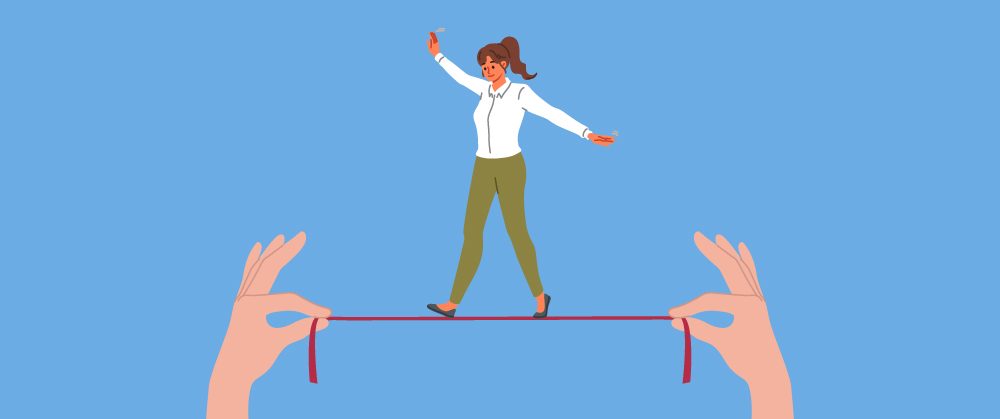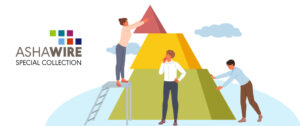Up to 40% of Americans experience a balance issue at some point in their lives. When such issues become persistent and/or bothersome, these individuals end up in your office. Just in time for Balance Awareness Week, we’re highlighting recently published articles that can help you continue to provide these individuals with much-needed high-quality care.
Balance in Young Adults
A Comparison of Vestibular Function in Young Adult Musicians and Nonmusician Peers: Musicians of all ages put themselves at risk by not using hearing protection during rehearsals and performances. Results suggests that this constant noise exposure can also affect their vestibular assessments, resulting in early-onset vestibular deficits.
Concurrent Cognitive Task Alters Postural Control Performance of Young Adults With Unilateral Cochlear Implants: You may prescribe cochlear implant recipients a vestibular rehabilitation protocol after surgery, but balance issues can still persist after implantation. Young adults with cochlear implants perform more poorly on dual-task balance activities, highlighting the need to include balance issues in rehabilitation.
Balance and Fall Risk in Older Adults
Screening of Fall Risk in Older Adults With Hearing Loss Living in the Singapore Community: Fall injuries represent a major public health concern, resulting in injuries or death, hospitalizations, and post-fall anxiety. To understand fall risk related to hearing loss, you should use self-report data as well as performance-based measures for a more complete picture.
Postural Control in Adults With Age-Related Hearing Loss: In this article, the authors investigated a new way to document postural control in older adults with hearing loss. Results show that including lateral head tilt in a screening message can help better assess fall risk in this population.
Advocating for Your Role
When people experience a balance disorder, their first instinct may not be go to an ASHA member. You can help change that by using resources from ASHA in your own work with patients.
ASHA’s public webpage on Hearing and Balance presents information in plain language about the relationship between the ear and balance. The webpage can help people experiencing dizziness and other balance issues determine if they should see an audiologist.
ASHA’s audiologists change lives for people with balance disorders every day. This week, we encourage you to take some time out of your busy schedule to educate (and brag to!) your family, friends, and people who may not know about the important work you do.







